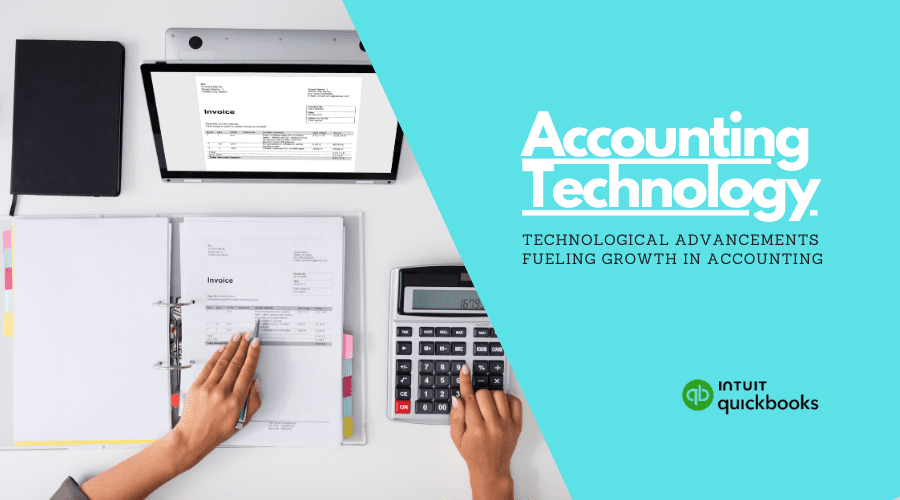The Intuit QuickBooks Accounting Technology Survey reveals that, in the upcoming year, accountants are forecasting an average expenditure of $15,800 on tech enhancements. Across the US, these professionals are channeling their investments to refine their services, aiming for quicker, more precise, and all-encompassing client support. Moreover, modern tech solutions are addressing some of the most pressing recruitment issues in the sector. Highlighted insights include:
- A significant 82% of accountants observe that technology is fostering deeper and more impactful client engagements.
- With a forward-looking approach, 48% of accountants are setting sights on integrating automation, AI, and blockchain in the coming year.
- There’s a noticeable decline in young professionals entering the field. However, a hopeful 85% of accountants believe that technology, combined with roles centered on sustainability, can reverse this trend.
- Dive deeper for a comprehensive breakdown of this year’s findings.
Rising Client Demands
The contemporary economic climate is exerting pressure on small businesses, leading to amplified demands. Over the last two years, a majority of accountants (over 3 in 5) have observed heightened client requirements in areas like financial management (67%), tax submissions (62%), staffing cost strategies (62%), and financial projections (65%).
To cater to these evolving needs, a remarkable 91% of accountants have expanded their service offerings, leveraging technology and continuous training.
Transitioning to Strategic Consultation
Amidst persistent economic challenges like inflation, small enterprises are seeking comprehensive guidance from their accountants. This shift is opening doors for accountants to transition from traditional roles to strategic consultants. A significant 81% believe that tech tools are liberating their schedules, allowing for a more consultative role. Furthermore, 80% have noticed an uptick in direct client interactions, making them more impactful (82%).
The Imperative of Instant Financial Data
For small businesses, immediate financial data is becoming indispensable for a comprehensive understanding of their operational health. A vast majority (93%) of accountants concur that such insights are not just beneficial but vital. Additionally, 84% feel that businesses harnessing real-time data are better equipped to navigate economic downturns.
Business Prospects Look Promising
The ripple effect of escalating client demands is leading to the expansion of accounting practices. A hopeful 82% of professionals anticipate growth, with 86% crediting technology as the catalyst. The primary advantage of tech integration is seen in efficiency-driven revenue boosts (41%), and over a third (36%) attribute it to diversified revenue sources.
However, there’s consensus on the potential for further enhancement, especially in forecasting future performance (38%) and real-time operational insights (38%).
The Future Beckons: Automation and AI
Accountants are acutely aware of the transformative potential of technology. A significant portion is gearing up to incorporate automation tools (48%), AI (48%), and blockchain (47%) within the next year.
Yet, ensuring data accuracy remains paramount, with 31% expressing this as their primary tech concern.
Addressing Recruitment Hurdles
The accounting sector is in flux, with evolving challenges and opportunities. Job satisfaction is prevalent, with 69% content with their roles, and 82% endorsing accounting as a viable career for the younger generation.
However, recruitment remains a challenge. A staggering 90% have faced hiring issues recently, primarily due to a reduced influx of young talent. A significant 94% identify this as a major obstacle. To counteract this, 36% are emphasizing mentorship as a competitive edge.
The talent gap also underscores the importance of succession strategies, with 87% prioritizing long-term planning.
Fortunately, technology might be the answer. A majority (85%) are optimistic that tech-driven roles can attract younger talent. Other retention strategies include covering qualification expenses (36%), offering growth avenues (36%), and continuous training (36%).
In conclusion, a picture of an industry in flux is eminent, with technology at the heart of its evolution. From enhancing client relationships to addressing talent shortages and providing real-time insights, technology is reshaping the accounting landscape. As the industry continues to embrace these changes, it’s clear that the future of accounting is not just about numbers but about leveraging technology to deliver unparalleled value.

































